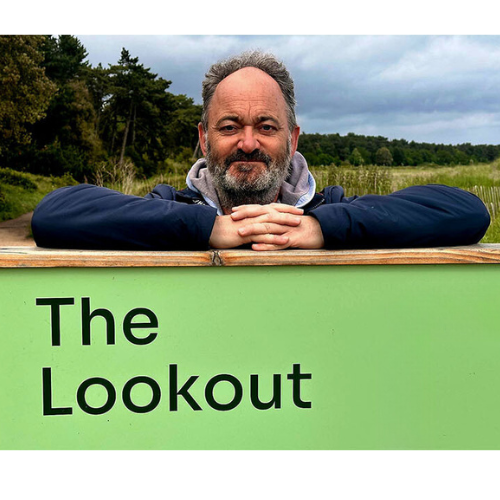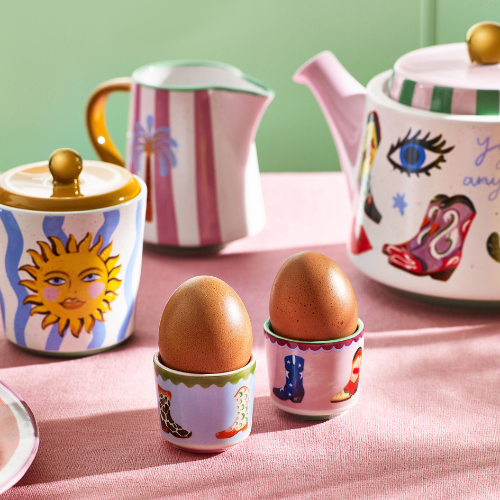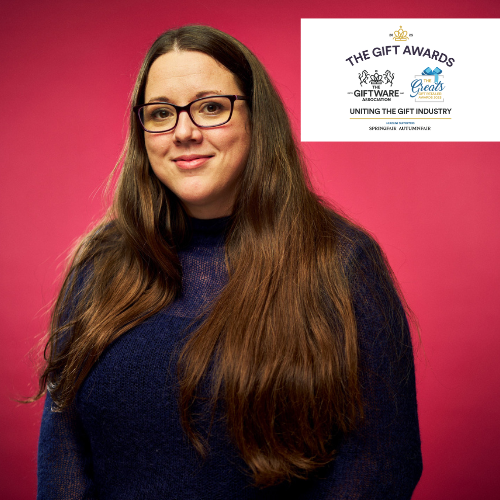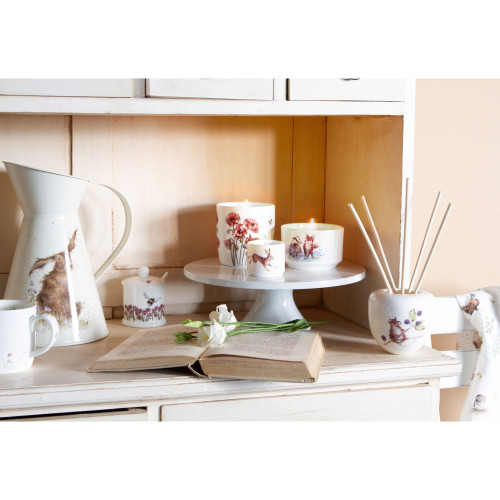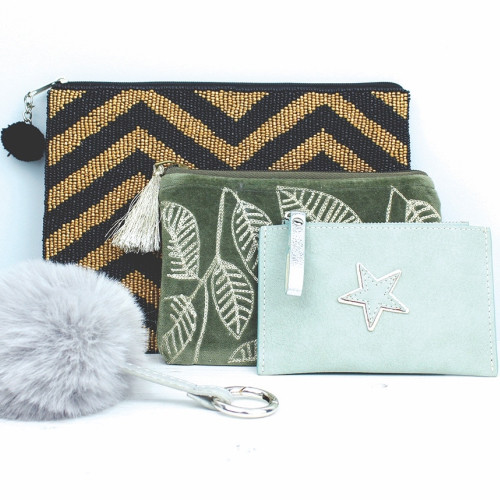Start Licensing’s Ian Downes recently visited the Farm Shop & Deli Show and highlights the close link between gifts and licensing.
“As a licensing agent, one quality that you look for among many when signing up licensees is proactivity. It is good to partner with companies who aren’t standing still and ones that are prepared to bring something new to the table. This can come in a number of forms, from product development through to marketing. With this in mind, I was pleased to see several gift companies exhibiting at the recent Farm Shop & Deli Show which was held at the NEC earlier this month. A great example of proactivity in regards to extending reach and distribution.
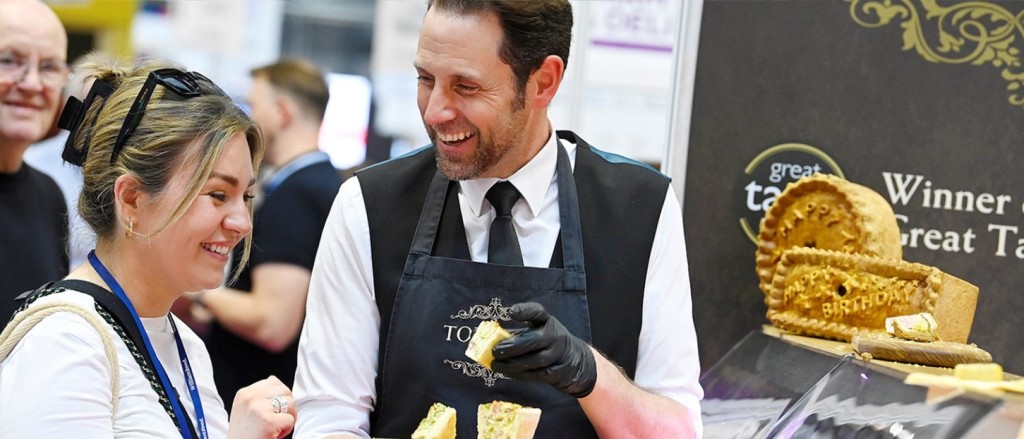
The Farm Shop & Deli show is part of a suite of trade shows that run in parallel at the NEC – all targeting a similar audience – with the multi-show format making it more attractive for trade visitors to leave their desks and take in a trade show or two. It attracts buyers from a number of sectors, including farm shops and delis of course, but also garden centres, visitor attractions and independent retailers.
As the Gift of the Year Awards have shown, food and drink products are very much part of the gifting mix these days. In this context, it was no surprise to see New English Teas exhibiting at the show. They specialise in creating ‘exceptional tea gifts’ and have been in business since 1985. They are a company that seems to have dialled up their commitment to licensing with their portfolio featuring licenses such as Harry Potter, Beatrix Potter and Winnie the Pooh.
Productwise, they develop tin product which, in the main, includes tea caddies and gift sets. My sense is that the licensing element of their portfolio has helped them build broader distribution and opened up opportunities in a variety of channels including farm shops and garden centres. It is also not uncommon to see New English Teas in travel outlets including the likes of WH Smith Travel.
Licensed products can, of course, help to open up distribution for gift companies. One facet of licensing that is often overlooked by companies considering getting involved in the sector is that often retailers want to build islands of product by brand and are happy to take products from a range of suppliers who have access to a particular license. In short, the right license can be the code to solve the retail puzzle for some suppliers.
Returning to the theme of proactivity and pushing the distribution boundaries, it was good to see companies such as Hooli Mooli, Widdop & Co and Pigment Productions at the Farm Shop & Deli Show. Hooli Molli were showcasing licensed card ranges from Emma Lawrence and Bree Merryn. Both these artists have designs that are a perfect match for farm shops and garden centres. Widdop & Co were showcasing several of their ranges including a Disney Home Collection.
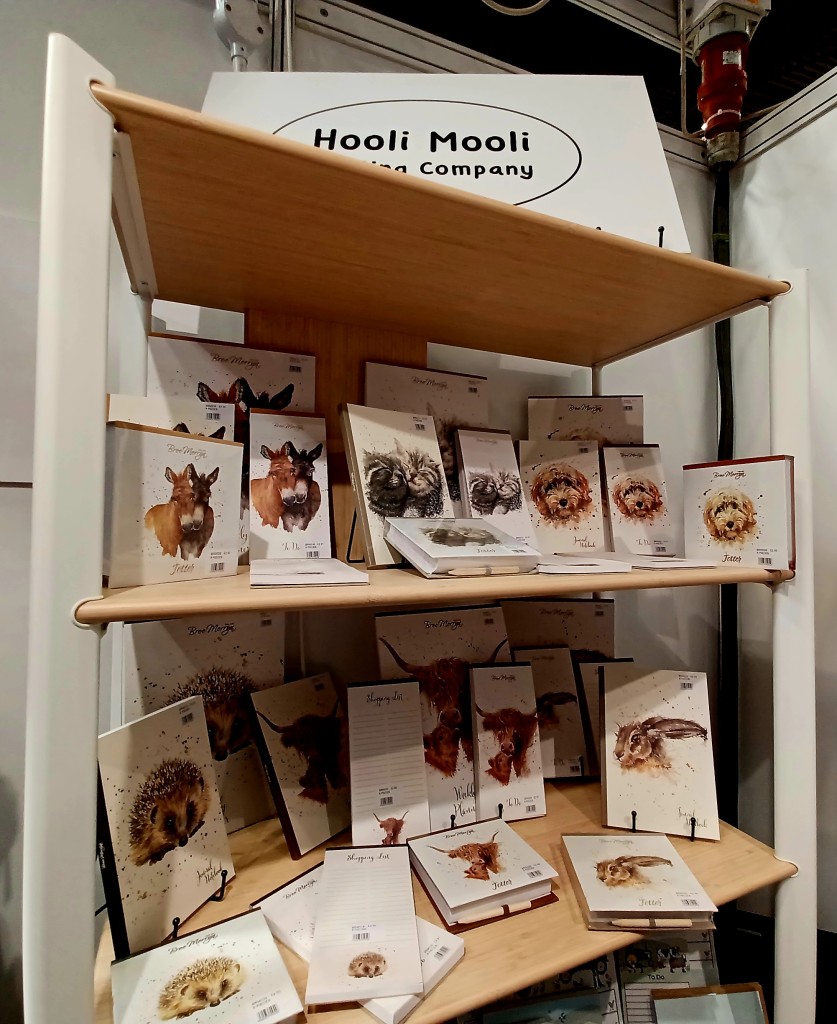
This was their first time exhibiting at this show and part of their motivation was to try to open up new accounts. In this context, a brand like Disney can be quite influential. That said, retailers will want to make sure that a licensed range fits well into their stores – normally they will want to know where else it is selling and they will also look at retail pricing.
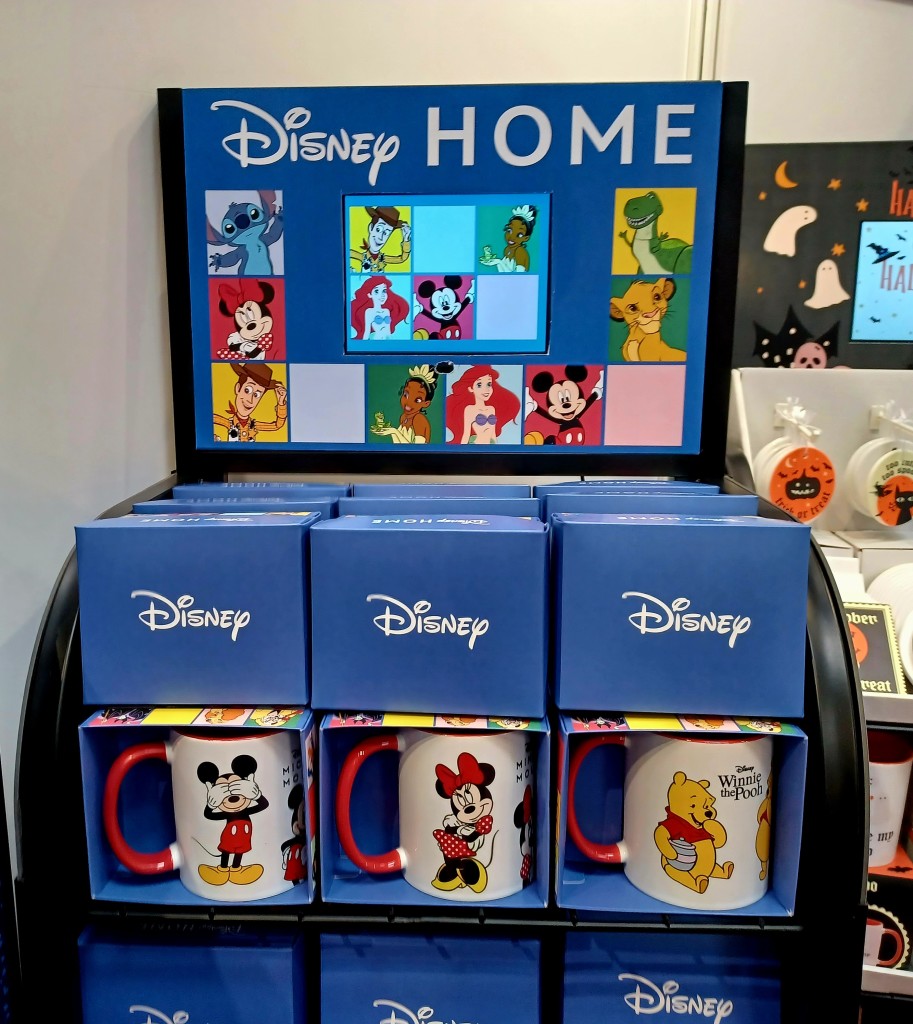
These days, it is easier for licensed suppliers to offer different retail sectors distinct product ranges as brand owners are investing more in design resources which in turn different looks can be developed across the retail estate. Pigment Productions were presenting a new card range from Giles Andreae. The new collection is called Everyone is Lovely. It was a bright, colourful, cheerful collection, presented in a branded FSDU – a reminder that trade shows can help retail buyers weigh up display options and opportunities for their store. Giles Andreae is a ‘name’ in the card market and has a great track record of success. Retail buyers will no doubt recognise his name and style which should help the range get a retail foothold.
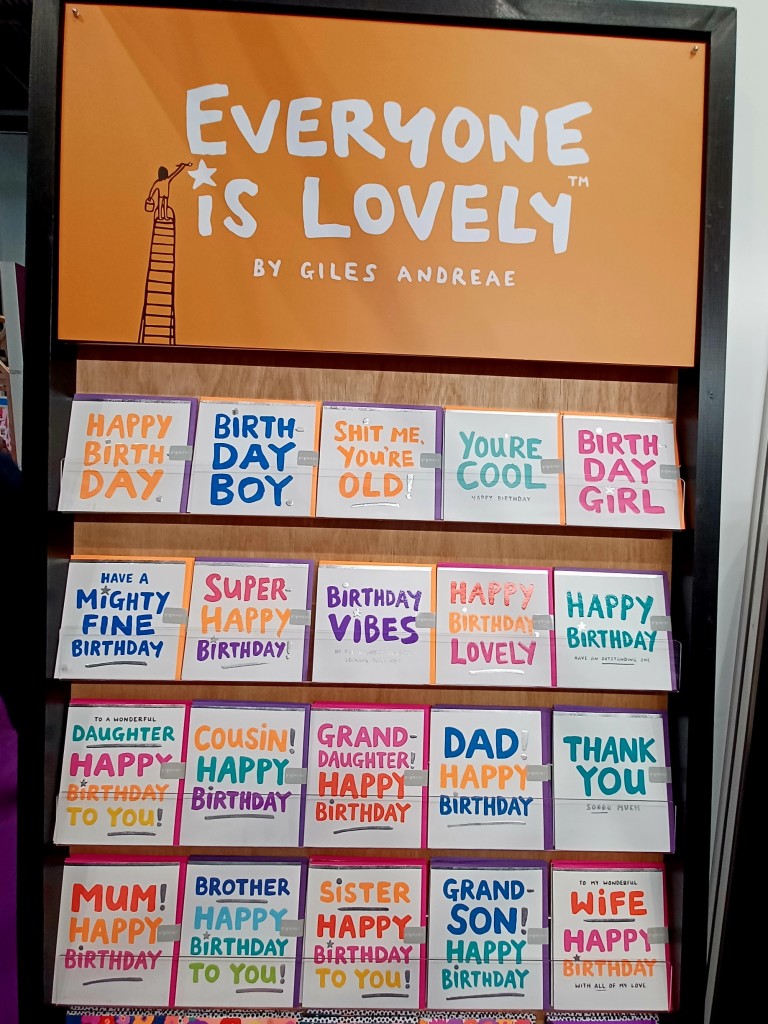
It has also been interesting to see how the licensing sector is getting better at latching onto new ways of playing a part in emerging and growing retail events. As noted earlier, increasingly rights holders are investing in more design materials which include style guides and design packs with seasonal themes. There is also a greater awareness of the need to engage with retailers to help with the marketing of products. Increasingly this includes social media and digital marketing. Generally licensed brands are well placed to deliver on this as they have noteworthy social media audiences. Easter is a great recent example of licensing playing a more prominent role in a retail event. Traditionally, licensing has always featured in core categories such as Easter eggs. A leading light in this category is Zertus who have a portfolio of licensed rights that they use to create products like Easter eggs at a range of price points.
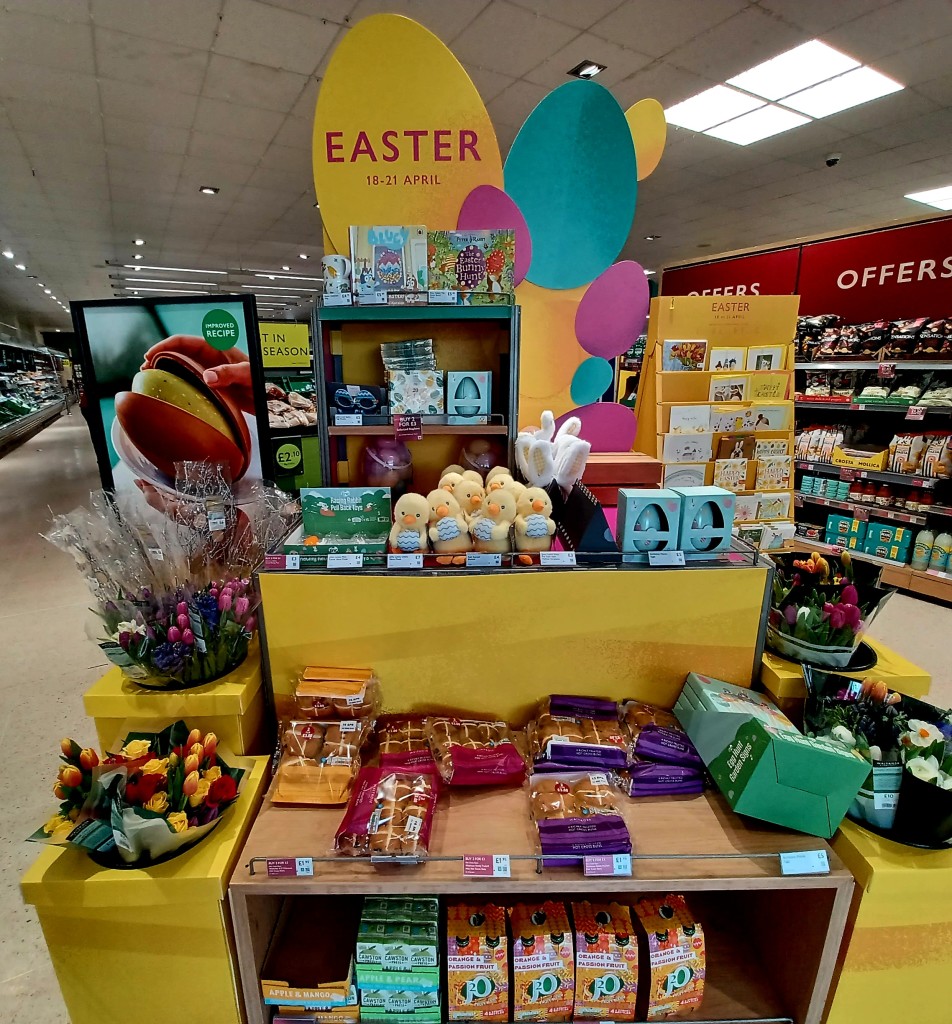
Meanwhile, card companies such as Woodmansterne are using licensed designs like Emma Bridgewater in their Easter selections. There is also an increase in retailers such as Waitrose and Ryman building ranges of Easter themed products and featuring these at the front of store. These include items like arts and crafts kits. Retail opportunities around calendar events to include Mother’s Day, Father’s Day and Easter are definitely ones where licensing can become a strong force. As noted earlier with the New English Tea example, a well chosen license can help deliver a retail listing. Even more so these days, where there is ample opportunity to create a product range that features bespoke artwork and, indeed, in some cases, exclusive artwork that can be used in a particular retailer or retail channel.
It is therefore good to see licensing becoming more flexible, more proactive and more aware of its potential to open up retail opportunities.”
Ian Downes, Start Licensing
07776 228454 | twitter.com/StartLicensing
Top: Ian Downes runs Start Licensing, an independent brand licensing agency.












